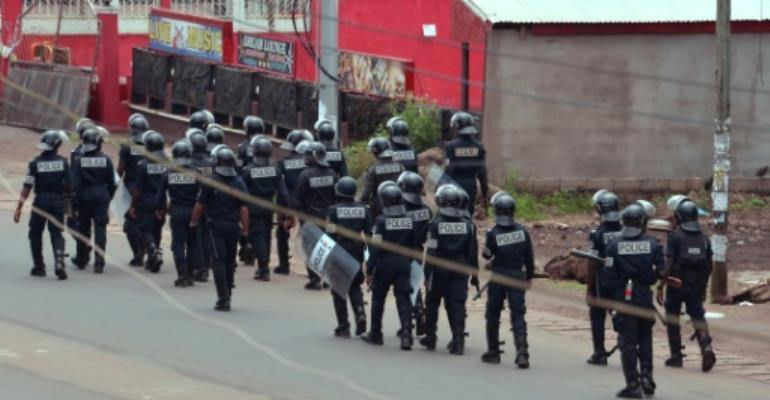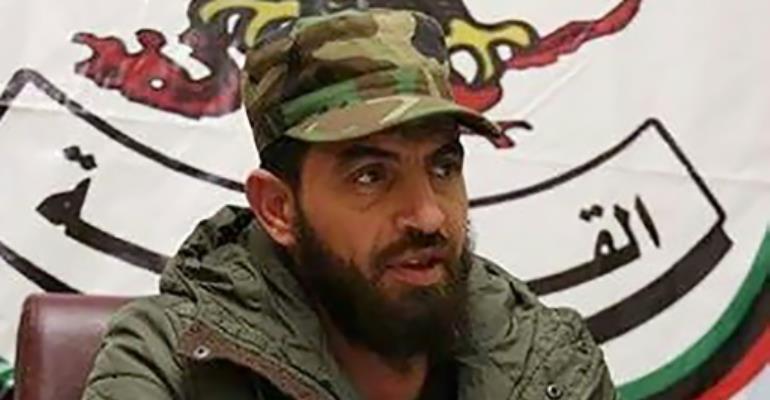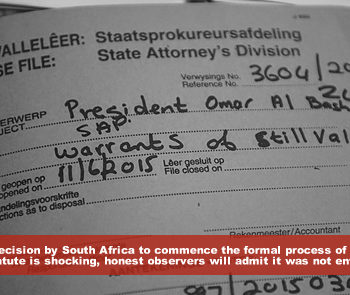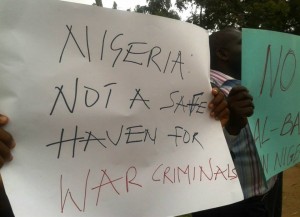 NCICC Blog
NCICC Blog
Cameroon probes deadly unrest in restive anglophone region

Yaoundé – Cameroon has launched a probe into recent deadly violence linked to a symbolic declaration of independence in the west African nation’s English-speaking region, the defence minister said Friday.
“Apart from the material damage, precise enquiries have been opened by judicial authorities on the toll,” Defence Minister Joseph Beti Assomo said on state radio.
According to an AFP tally, 14 people died in violence in the run-up to the symbolic October 1 declaration of independence of Ambazonia, the name of the state the separatists want to create.
However Amnesty International has given a toll of 17.
Cameroonian authorities have said that security forces did not open fire during the demonstrations.
Assomo had on Thursday visited Buea, the main city in the English-speaking southwest region, where he headed a meeting to review security.
Cameroon’s anglophone-francophone rift dates back to 1961 when the British-administered Southern Cameroons united with Cameroon after its independence from France in 1960.
The English speakers complain they have suffered decades of economic inequality and social injustice at the hands of the French-speaking majority.
Anglophones account for about a fifth of the 22 million population.
Source : Ghana News https://www.modernghana.com/news/809232/cameroon-probes-deadly-unrest-in-restive-anglophone-region.html

 It amounted to grave diplomatic blunder for the Jonathan administration to invite and give full ceremonial reception to a war crime indictee in disregard of millions of victims of Darfur atrocities and their families, some of them Nigerian citizens who are still crying for justice.
It amounted to grave diplomatic blunder for the Jonathan administration to invite and give full ceremonial reception to a war crime indictee in disregard of millions of victims of Darfur atrocities and their families, some of them Nigerian citizens who are still crying for justice.



